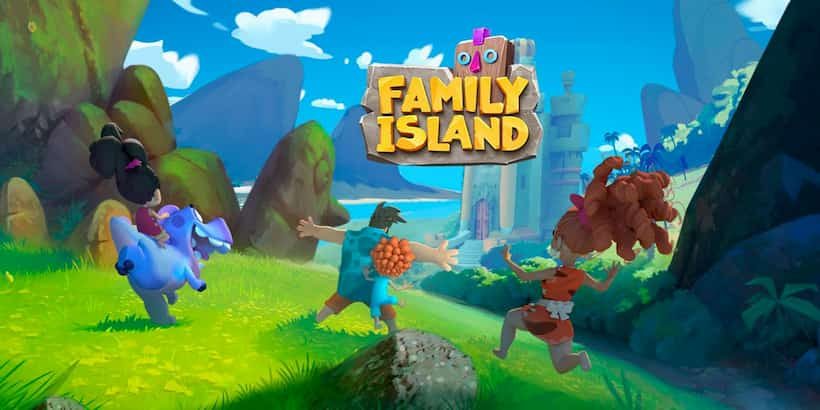Islands hold a special place in our collective unconscious. They are places of mystery, discovery, isolation, adventure, and occasionally horror. The mainland is where ordinary life occurs, but islands are special. Gods live on Family Island Hack; so do monsters.
Throughout literary history, islands have played roles in many of our most revered texts. They have been portrayed as places to confront the unknown (The Odyssey), to remake oneself (Robinson Crusoe), to start a new life (Swiss Family Robinson), to found an ideal society (Utopia), or to face our cruelest selves (Lord of the Flies).
And it’s not just literature: throughout the history of mankind itself, islands have been places where exceptional individuals go beyond themselves to change the world: inventing new styles of art (Gauguin in Tahiti), creating revolutionary theories about the world (Darwin in Galapagos), or developing new ways to destroy the world (atom bomb testing at Bikini Atoll).
The undeniable romance to the idea of living on an island, spanning so much history and so many cultures, leads me to think that it must have several deeply ingrained, and probably evolutionary, bases. I am currently thinking there are two primary ones: going to an island involves a treacherous JOURNEY, and an island is a complete WORLD unto itself. There’s probably much more to it than this, but these facts help lend a mythological quality to island living that goes far deeper than whatever slick marketing techniques can be mustered to entice people to a destination.
THE JOURNEY: Only a select few are born on an island; everyone else has to travel to it from the mainland. Getting to it involves getting on a boat and crossing a body of water, an environment greatly inhospitable to human life, and a place that we humans simply shouldn’t be. Even in a modern boat, with lifejackets, radios and multiple other safeguards, the journey is inherently dangerous, and one can feel it. (And while an airplane involves a similar defiance of physics, being in an open-air boat has an immediacy that just can’t be matched by a commercial airliner.) In a bobbing boat, with waves lapping against the hull, waters churning around, and an unfathomable deep below, one becomes highly cognizant of the primordial ritual of baptism, and takes part in the Campbellian “hero’s journey” into the unknown, and unknowable.
Even without going to an island, the voyage out to sea puts one in a position to gain a new, deeper, and more nuanced perspective on mainland reality and one’s life there. However, arriving at an island creates a whole new dimension to this journey, and one can enter an entirely new reality.
A COMPLETE WORLD: While it may be true that “no man is an island”, an island is indeed an island, and upon stepping onto one, this fact is deeply, if inexplicably, sensed. Islands are a “whole”, they are complete unto themselves. Birds and winds may carry new forms of life to an island every so often, of course; but by and large, (natural) islands are complete ecosystems resting in equilibrium. The coastline creates a definitive, undeniable edge, and everything inside must work as a singular system. This leads, in a short time, to a realization among an island inhabitant: even though the interior may be a frighteningly dense forest and not obviously comprehensible, the boundaries of the island are clear and unarguable. One knows that the land is finite, and that with enough time, it can all be understood. An island is not just a world unto itself, but a world that a mere mortal can come to make sense of. It is a place where one can gain an existential foothold in the cosmos, and know everything there is to know – at least about this one world. This godlike understanding creates a sense of tranquility that simply can’t be matched on the mainland, where one can never really, truly, know where one is.

